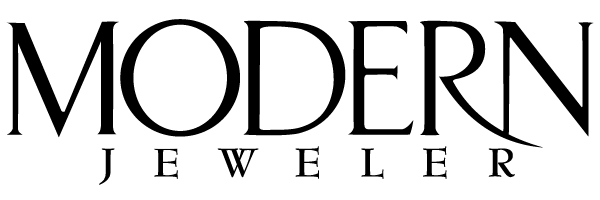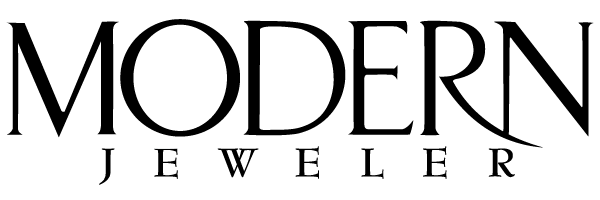Gaetano Cavalieri, President of the World Jewelry Confederation (CIBJO), addressed the United Nations Economic and Social Council’s (ECOSOC) High-Level Segment on 17th July, emphasising the positive societal role of the jewelry industry in the post-COVID era.
The session, attended by UN Secretary General António Guterres, is part of the ECOSOC’s 36th session, which runs from 10 to 19 July 2023. The theme of the session is “Accelerating the recovery from the coronavirus disease (COVID-19) and the full implementation of the 2030 Agenda for Sustainable Development at all levels.”
CIBJO’s Role and Insights
Since 2006, CIBJO has held special consultative status in ECOSOC, representing the jewelry industry. Cavalieri highlighted the strategic role of the World Jewelry Confederation’s members in both high-income and lower-income countries.
“In the difficult economic environment that has developed in the wake of COVID-19, the membership of the World Jewelry Confederation plays both a critical and challenging strategic role,” said Dr. Cavalieri. “For while the end-consumers for the luxury products that they produce predominantly reside in high-income countries, where the ravages of the pandemic have largely subsided, a major proportion of the raw materials that they require are sourced in lower-income countries, where the social and economic aftershocks of the coronavirus period are still being felt, placing sustainable development programmes in peril.”
Supporting Grassroots Economic Programmes
Cavalieri stressed the importance of supporting grassroots economic programmes in low-income countries, many of which rank low on the UN’s Human Development Index.
“The presence of CIBJO members in these low-income countries…provides them both with an in-depth understanding of conditions on the ground, and ample alternatives to support grass-roots economic programmes that encourage sustainable opportunity,” he stated. “This is not only a moral imperative, but a business requirement as well, because the now dominant Millennial and Gen Z consumers of high-end jewelry products are more than inclined to demand that the products they buy demonstrably provide social and economic benefit along the entire supply chain.”
Focus on Artisanal Mining
Artisanal mining, a critical yet vulnerable sector in the jewelry pipeline, was also a key focus of Cavalieri’s address.
“The percentage of artisanal mining input varies according to product type, accounting for about 20 percent of both the global gold and diamond supply, but 80 percent of the supply of coloured gemstones,” he noted.
To integrate artisanal miners into established industry supply chains, Cavalieri called for the development of formal due diligence systems to ensure compliance with responsible sourcing standards.
“CIBJO contends that, to be able to meet the challenge of the ECOSOC HLPF theme and the SDGs, artisanal miners need to be provided monitored but achievable access to established industry supply chains, and that will be achieved by the development of formal due diligence systems to ensure compliance with accepted responsible sourcing standards,” he said.
Training and Certification Programme
To support these initiatives, CIBJO and Intertek Italia SpA launched a training and certification programme for sustainability officers in the jewelry industry in September 2022. The programme is available on an e-training platform and is led by experts in the gem and jewelry sectors.
“CIBJO has the responsibility to implement the SDGs through smart, efficient, and innovative partnerships. We are committed to their realization,” Cavalieri concluded.






